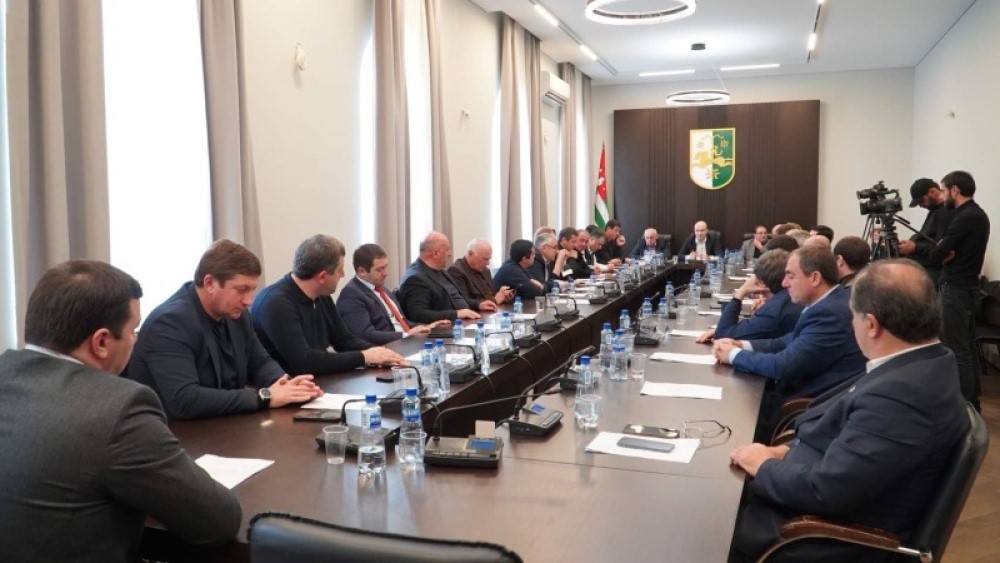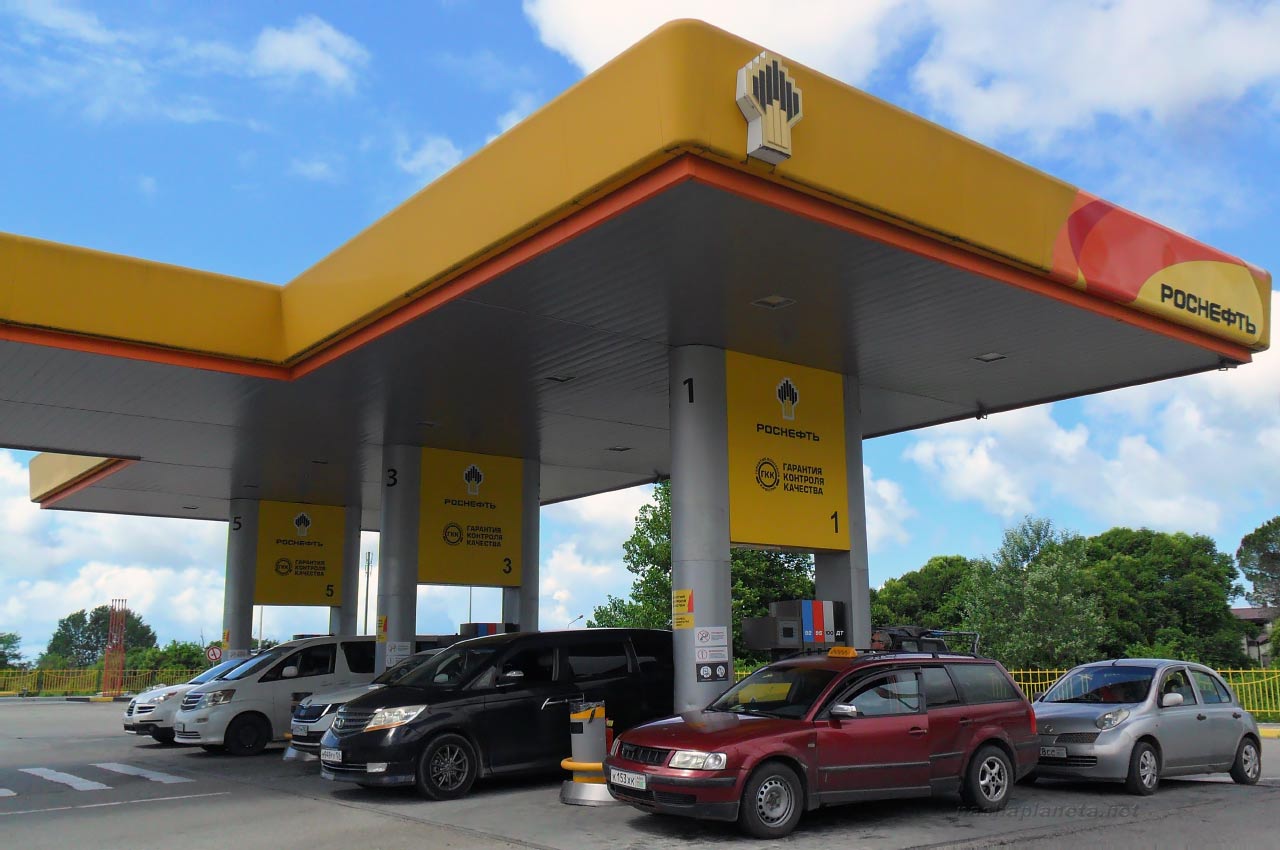Small business, power grid, benefits – Abkhazia sets economic priorities
Abkhazia’s economic priorities
Five months after taking office, Abkhazia’s new president Badra Gunba set out tasks and deadlines for the government.
Until now, the government had been working without any action plan.
At the end of August, during a meeting with the cabinet, Gunba issued instructions covering the economy, agriculture, tourism, energy and social policy. The opposition criticised them, pointing to the lack of long-term goals as the main problem.
In the economic sphere, the government has until 1 December 2025 to:
- draft proposals to improve the use of state property;
- prepare measures to increase the efficiency and streamline the work of state-owned enterprises and companies with state participation;
- develop and approve secondary legislation for the law “On Strategic Facilities of the Republic of Abkhazia”;
- design and adopt a targeted programme to support small and medium-sized businesses;
- present proposals to improve the business climate and simplify administrative procedures;
- develop and approve regulations to implement the law “On the Real Estate Cadastre”;
- present proposals for developing Abkhazia’s logistics and transit potential within the Eurasian Economic Area;
- draw up a sectoral programme to support export-oriented production.
In agriculture, by 10 November 2025 the government must:
- develop and approve the targeted programme “Agricultural Development for 2026”;
- present proposals to support farmers and rural entrepreneurs.
In tourism, by 15 December 2025 the government must:
- draft a development concept for the tourism industry up to 2030 and propose upgrades to tourist routes, including improvements to roadside infrastructure;
- develop and approve rules for classifying hotels and other accommodation, along with a procedure for maintaining a unified national register of accommodation facilities.
In energy, by 10 March 2026 the government is required to prepare a long-term strategy for the sector, including plans for renovating the electricity grid and introducing alternative energy sources.
- In social policy, by 1 October 2025 the government must:
- present proposals to raise pensions, one-off payments, allowances and social benefits;
- develop and approve an interagency programme on demographic development for 2026;
- draft a state housing programme for 2026–2028;
- present a concept for modernising the social support system, including measures for families with children.
The opposition gave a mixed response to the president’s programme.
“At first glance, there is an attempt to systematise the work and move towards a programme-based management approach. This can be seen as positive: for decades we have failed to build a system that works consistently, regardless of which minister or official is in charge.
Here it’s usually the opposite – a new minister arrives, and the agency’s work shifts in the opposite direction,” wrote the opposition Telegram channel Respublika.
The channel’s authors argue, however, that the system should be different: long-term goals and key tasks should remain unchanged, while only the efficiency of their implementation may vary. Gunba, they say, is suggesting starting almost from scratch.
Respublika also questioned what priorities the government actually has, what its long-term goals are and how it intends to achieve them.
“As long as there is no common logic and clear system in place, we will keep rolling forward like a cart with mismatched wheels,” the channel concluded.
Toponyms, terminology, views and opinions expressed by the author are theirs alone and do not necessarily reflect the views and opinions of JAMnews or any employees thereof. JAMnews reserves the right to delete comments it considers to be offensive, inflammatory, threatening or otherwise unacceptable.
Abkhazia’s economic priorities





















